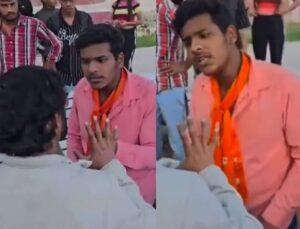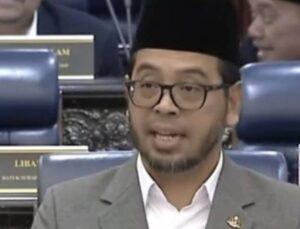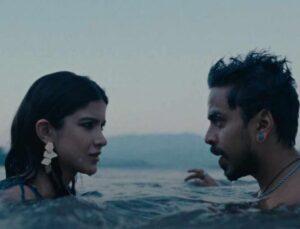The silent emotions in October that move you massively. The chaos in Piku makes you feel right at home. The intense storytelling style of Sardar Udham. These are some of Hindi cinema’s most magical titles, all courtesy of ace Bollywood director Shoojit Sircar.
Sircar made his directorial debut with the 2005 film Yahaan, a love story set in a conflict-torn area. His next film was the popular social-flick Vicky Donor (2012), followed by many acclaimed films including Madras Cafe (2013) and Gulabo Sitabo (2020). He also wrote the Amitabh Bachchan-Taapsee Pannu starrer movie Pink (2016).

What makes Sircar’s work stand out, is how honestly he portrays fleeting moments, lasting memories, and everything in between that altogether create our very extraordinary yet regular lives. The storylines move in a very linear and calm way, actually replicating the speed of daily life. When it comes to his camera angles, lighting, colour grading, and overall cinematography, it all infuses life in every scene and even expresses the innermost feelings of the film characters.
In October, for instance, the general colour scheme includes warmer shades of yellow before Shiuli Iyer (Banita Sandhu) meets a crippling accident. Following this, deeper tones of blue, green, and grey, are used more to reflect the emotional turmoil, moroseness, and hopelessness that the characters feel. As a viewer, Sircar entraps you in his movie’s world and takes you along in their journey.
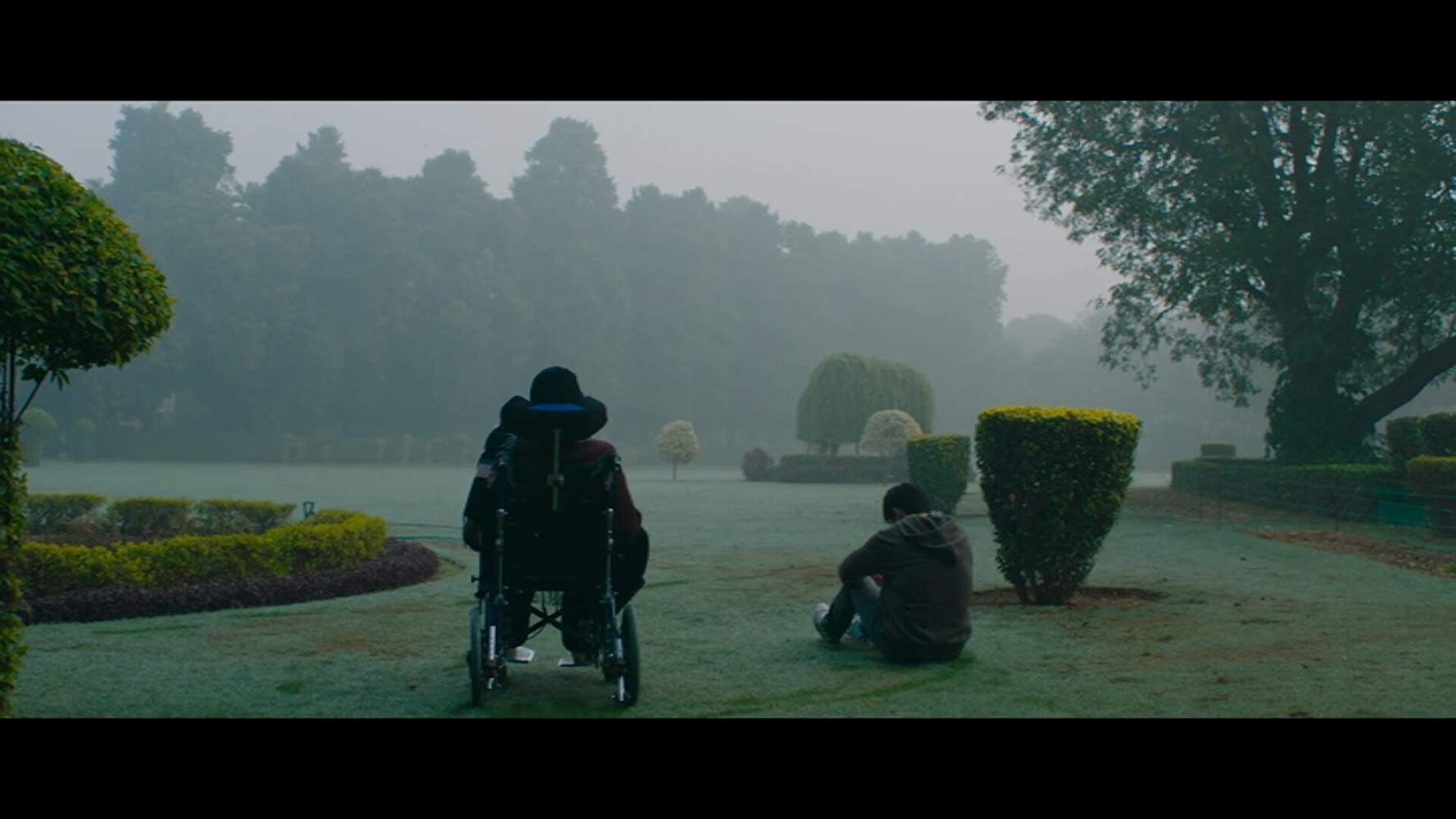
With such a nuanced and personal style, he has won due recognition both nationally and on prestigious global platforms. He won the National Award for Best Feature Film in Hindi for the biopic Sardar Udham starring Vicky Kaushal.
Recently, he took to Reddit for an interesting AMA (Ask Me Anything) session, answering questions about his filmmaking process, journey in Indian cinema, and his upcoming film I Want to Talk. Check it out.
1. On picking “taboo” topics for films like Piku and Vicky Donor.
–Chai_Lijiye
“My lookout for any subject is like documenting life; so I love to document some characters, moments, incidents. Normally my films are usually character or situation driven and not plot heavy, similarly I WANT TO TALK – is a journey of ABHISHEK BACHCHAN’s character filled with life’s humor. And thank you so much for recognition PIKU and VICKY DONOR.”
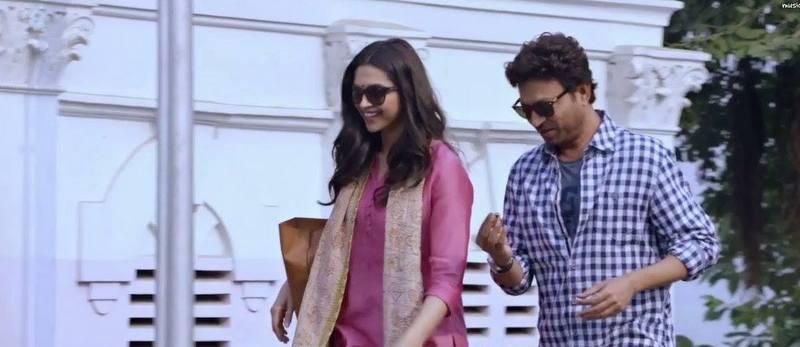
2. On his process for preparing his actors.
–Bariumdiawesomenite
“Actors, always need acclimatisation. So the process of acclimatisation is most important because it helps me tune them or ‘manipulate’ them into my character. This learning comes from my theatre days. In theatre – you spend a lot of time with our colleagues, who are on stage actors and know each other. It’s a gradual process of understanding each other’s mind. Almost like feeding data in my actors head. And finally it boils down to your gut feeling.”
3. On the ideal length of film, given we tend to have a shorter attention span today.
–navraaj
“Very interesting question – we always struggle with the duration of the film – when I’m scripting or shooting a scene or editing. Well if I have to comment on attention span reducing – it’s been happening since ages, if you think that modern gadgets have reduced attention span – I do not agree. Attention span is your internal choice – similarly if I can sit by my window and look outside for hours. I guess I’m prepared to watch a film for whatever duration.”

4. On the future of cinema.
–Impressive_Jump_
“Future of cinema, is going to be pure stories; pure stories of morality, pure stories of wisdom and stories that can elevate you! If the story or the cinema does not elevate you with a purpose I don’t find it necessary. I agree and also disagree with you regarding what Bollywood has been producing I am doing my bit, and I need your support and if you really as an audience support me, then you will see more films with deeper meaning – catering to you.”
5. On how he “cracked” the film Gulabo Sitabo.
“Gulabo Sitabo is based on a very common problem – of landlord and tenants – especially those who are living in old havelis or houses, especially those who pay a very small monthly rent of 100 rupees or even less And I have experienced this personally where this constant bickering goes on, between landlord and tenant So this whole idea sprouted from that conversation. Earlier we had based the film in Delhi – but then we shifted it to Lucknow where Juhi Chaturvedi is from.”

6. On the most difficult scene to shoot from October.
–Organic-Fee-8300
“The First time when Dan comes into the ICU – because before this he had only seen a normal Shiuli, and when he sees her like this for the first time – with those pipes ventilator – that shakes him completely – for me this was most challenging And the second when a matured Dan comes to meet Shiuli’s mom and takes with him the Shiuli plant.”
7. On working with Johny Lever in I Want To Talk.
–Slash787
“…It’s a very special film – it’s a daughter – father relationship film, and I’m glad you resonated with it.
And of course I’m happy to collaborate with one of my favourite actors – Johnny Lever – he is spontaneous, natural and brings lightness in all the scenes.”

8. On which other filmmakers’ work he admires.
–StrongOutcome9306
“There are many of them but if I have to pick or name a few amongst the recent lot – I admire Rima Das, Chaitanya Tamhane, Payal Kapadia.”
9. On what makes someone a good actor.
–Similar-Stable4334
“Education has nothing to do with acting. I think experiences is what actually matters, in acting or in any creative process. So I actually – when I mean – literacy, I mean literacy of life – for me cinema literacy is how ‘awakened’ you are.”

10. On any plans to make a mainstream Bengali film.
–CrazyHeart99
“Yes I would love to make a Bengali film. I’ve produced one Bengali film titled Open Tee Bioscope but I’m still not very fluent with the language as I grew up outside Bengal, so I’m equipping myself with the language.”
11. On picking Abhishek Bachchan for I Want To Talk.
–CrazyHeart99
“While writing the script with Ritesh Shah, Abhishek was in my mind, but I had not yet decided that I will cast him I did meet him once – when we were together in Melbourne – he invited me for a dinner. And he spoke to me that night for hours I saw a vulnerable Abhishek Bachchan with so much of warmth, with such expressive eyes. When you see the film you may agree with me that I consider this as one of his finest performances.”

Enlightening and inspiring, indeed.





